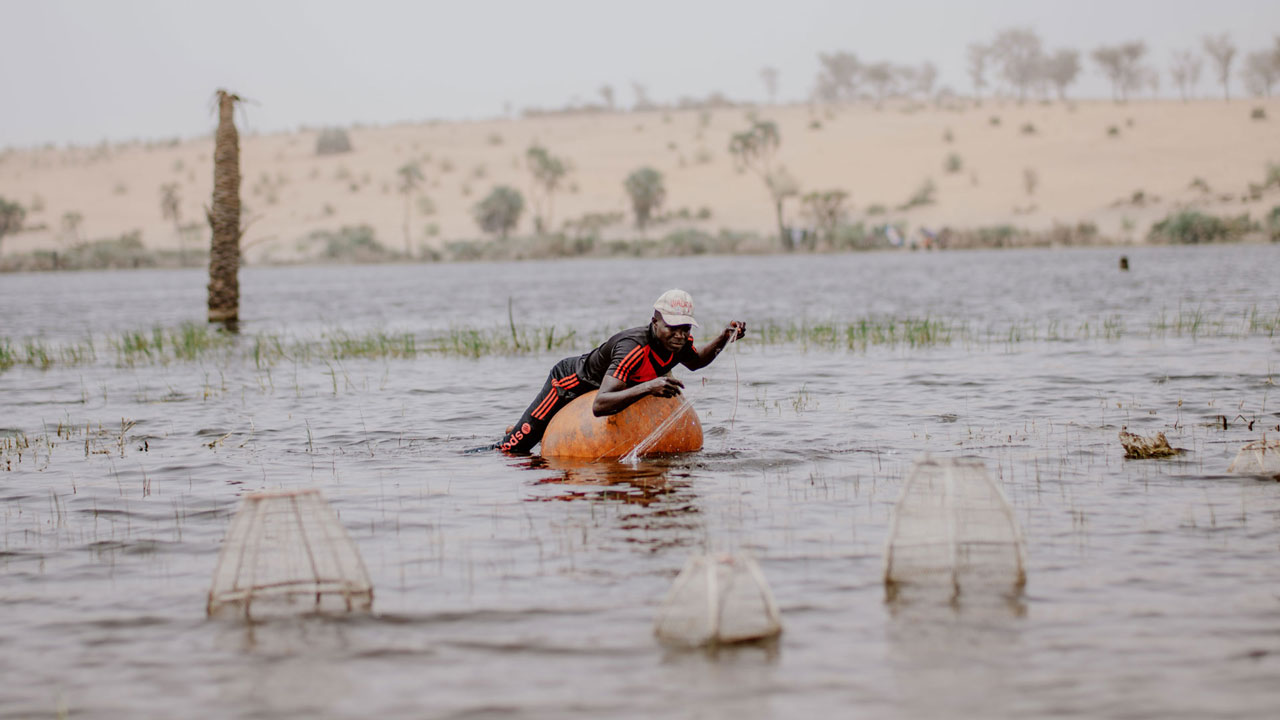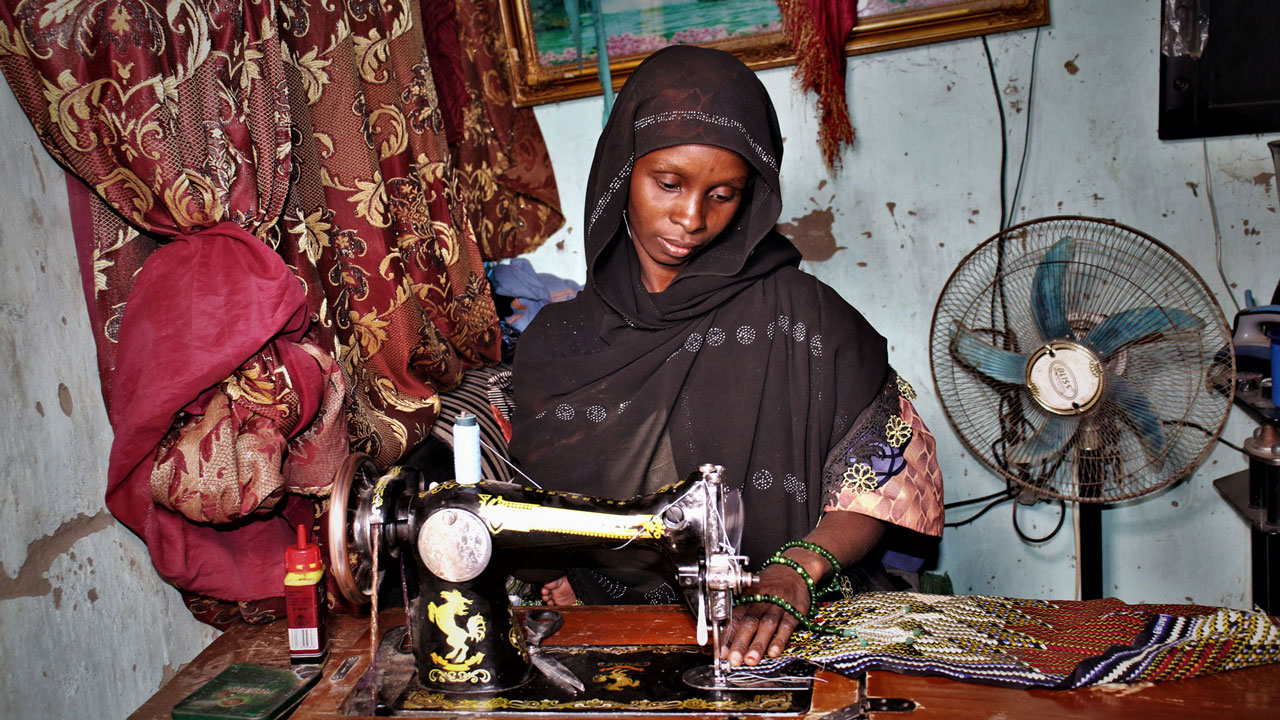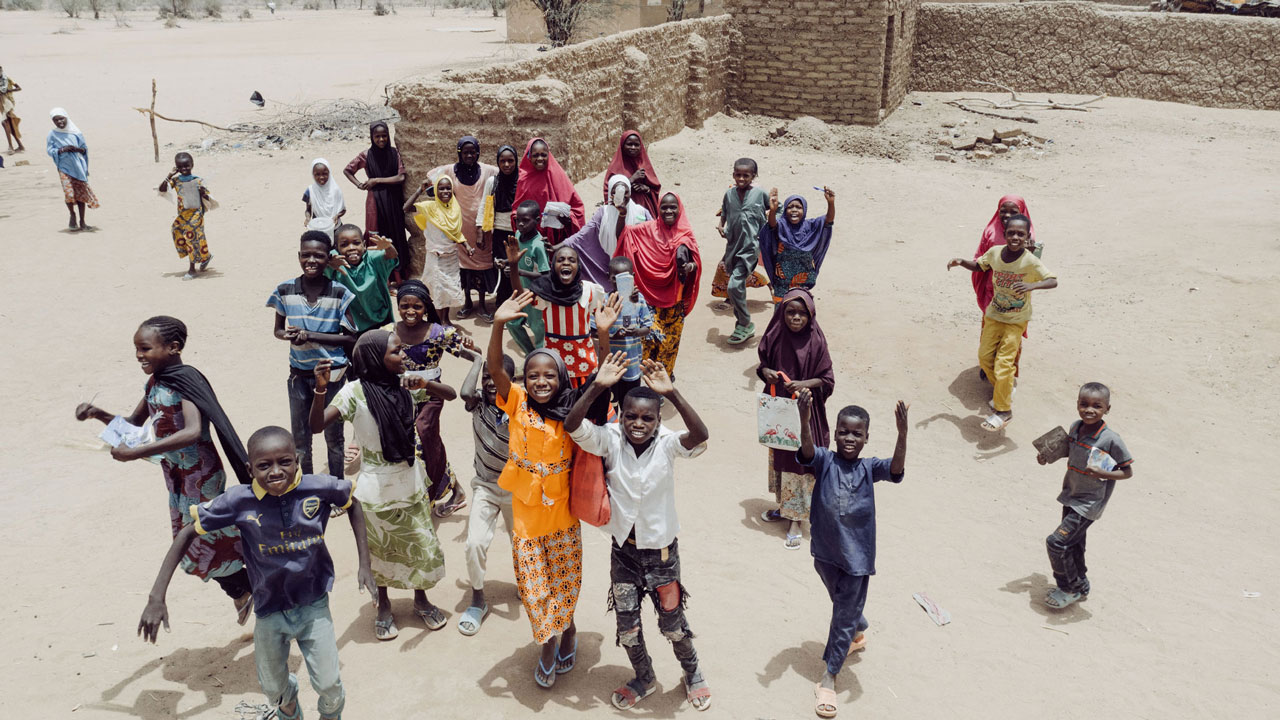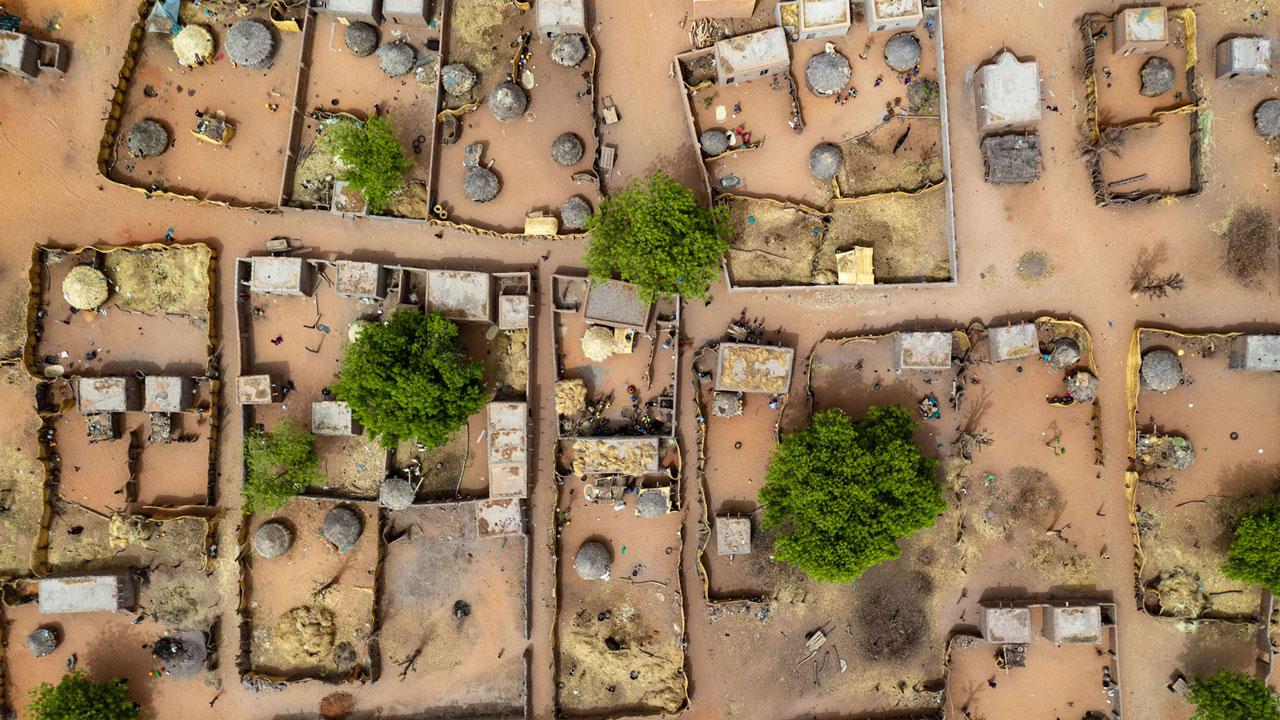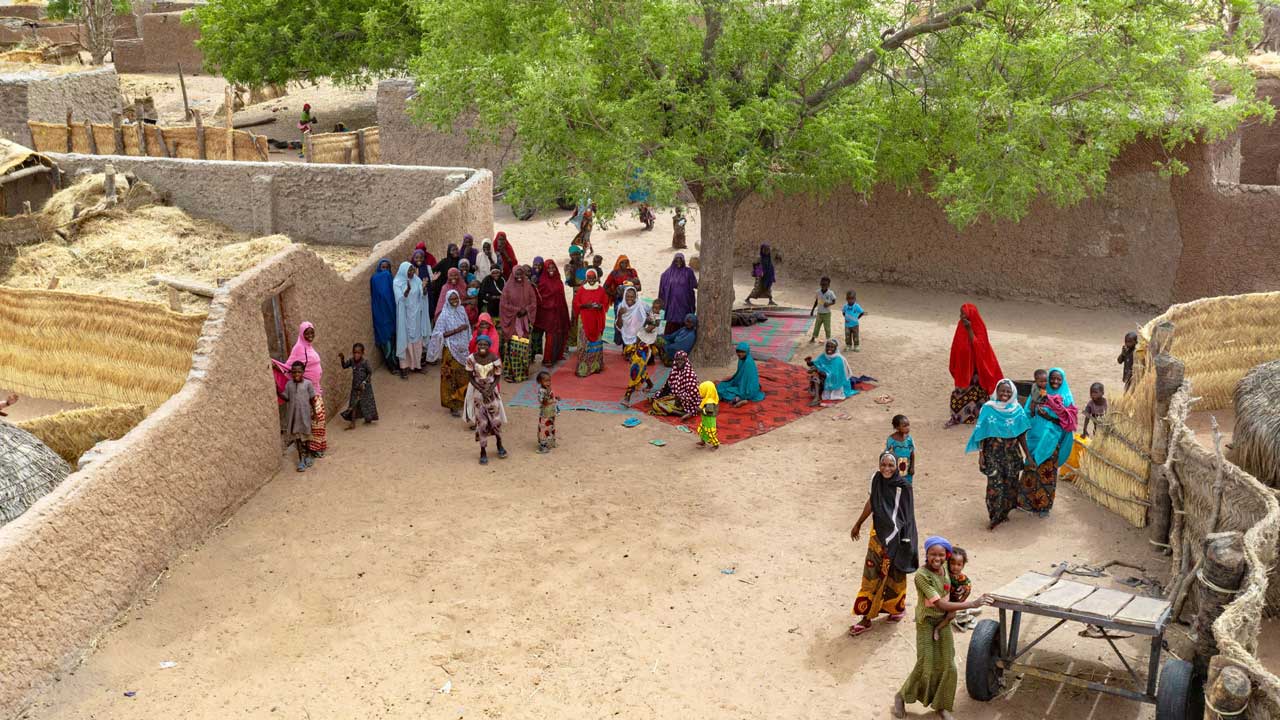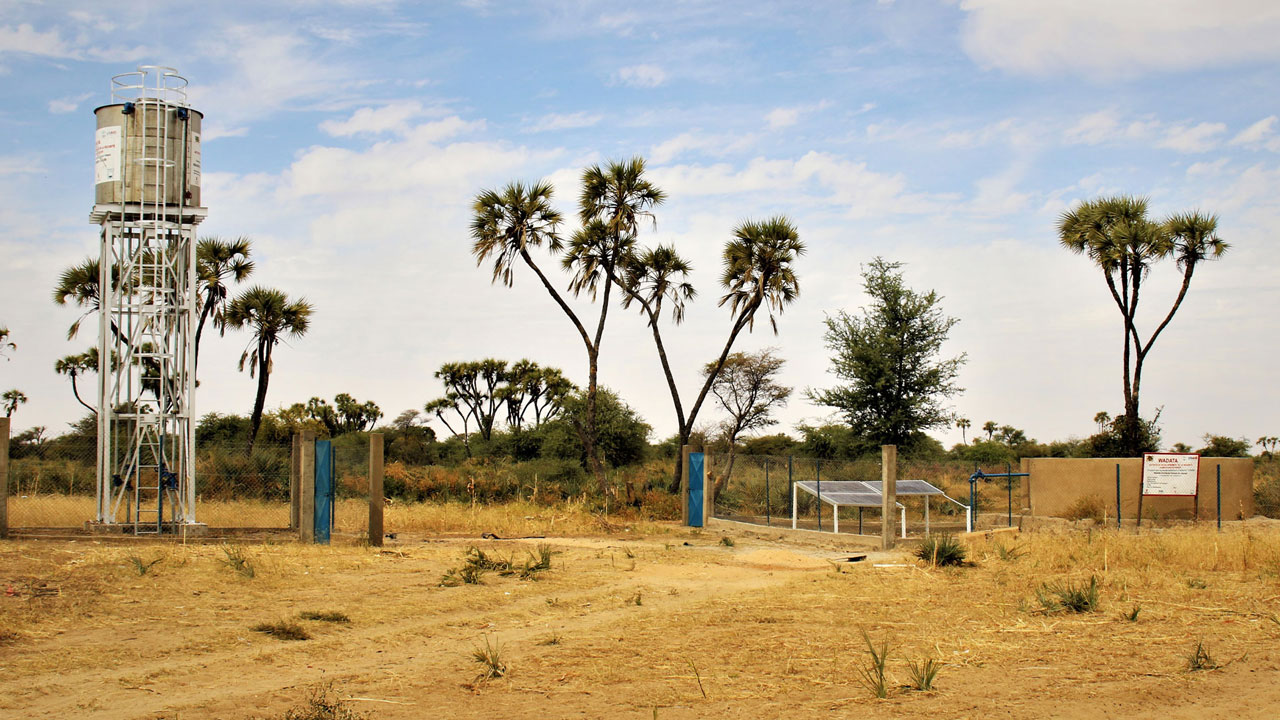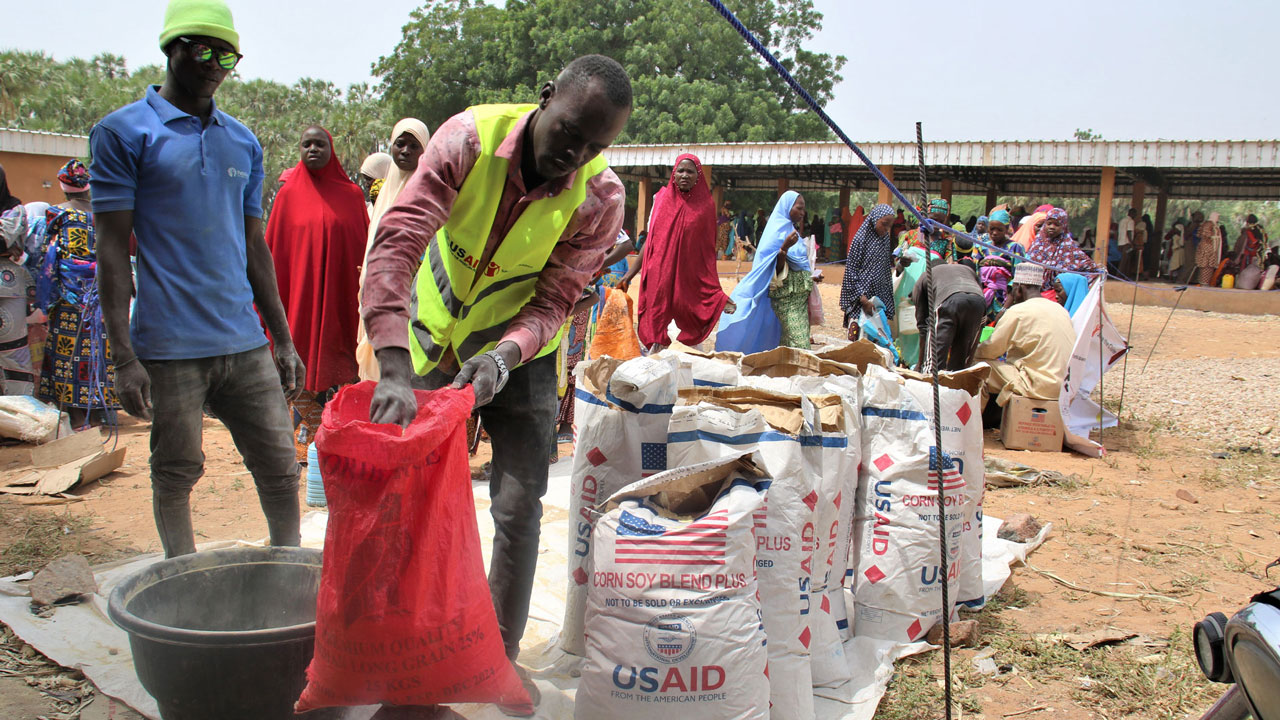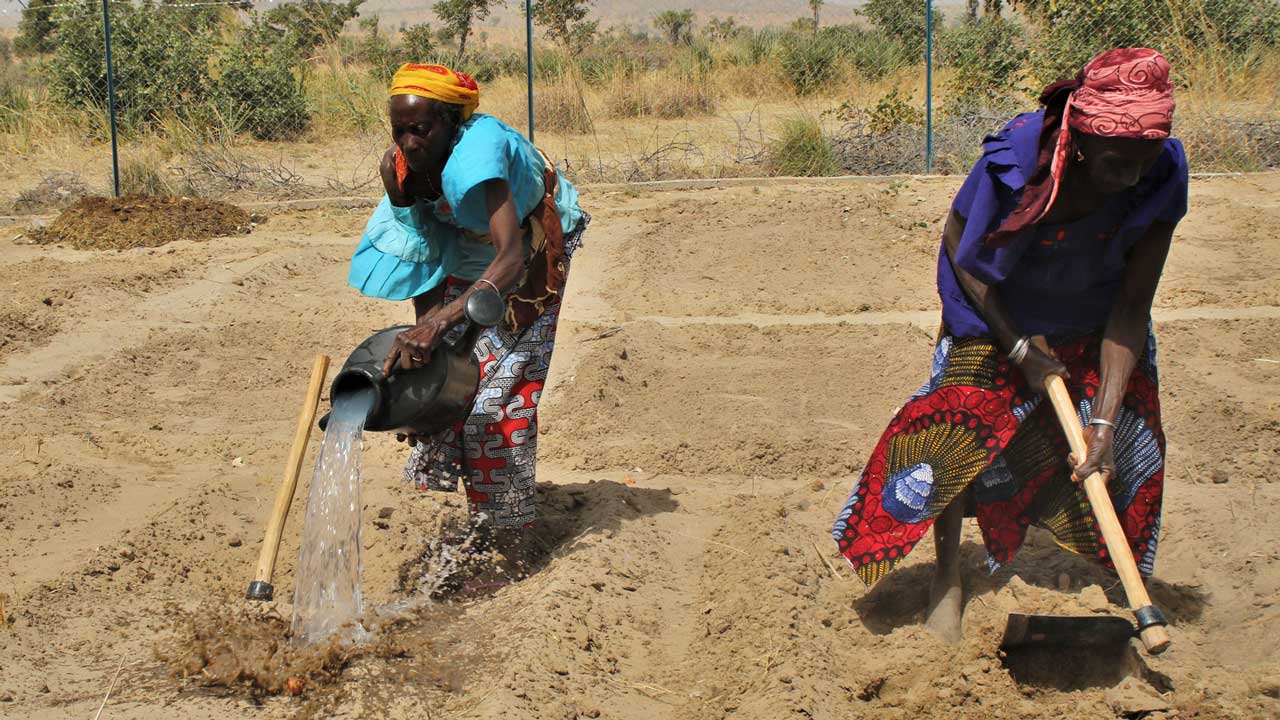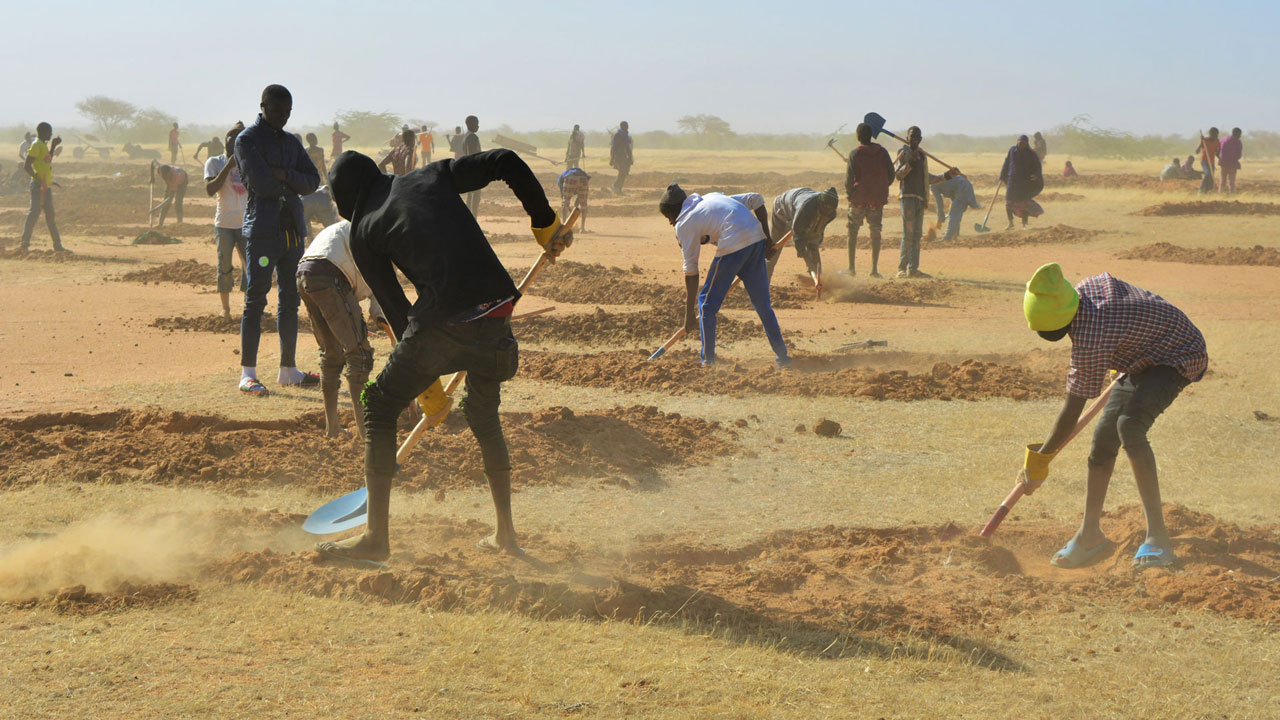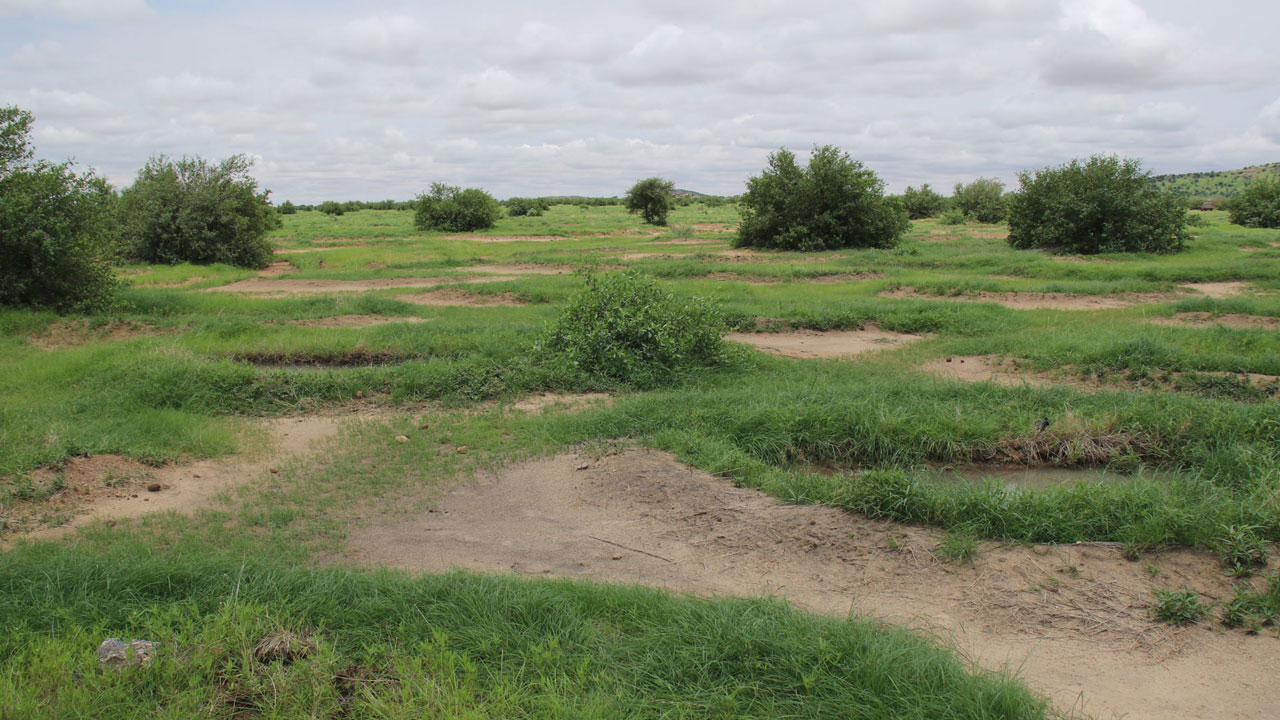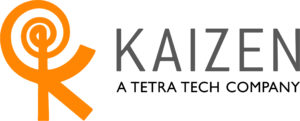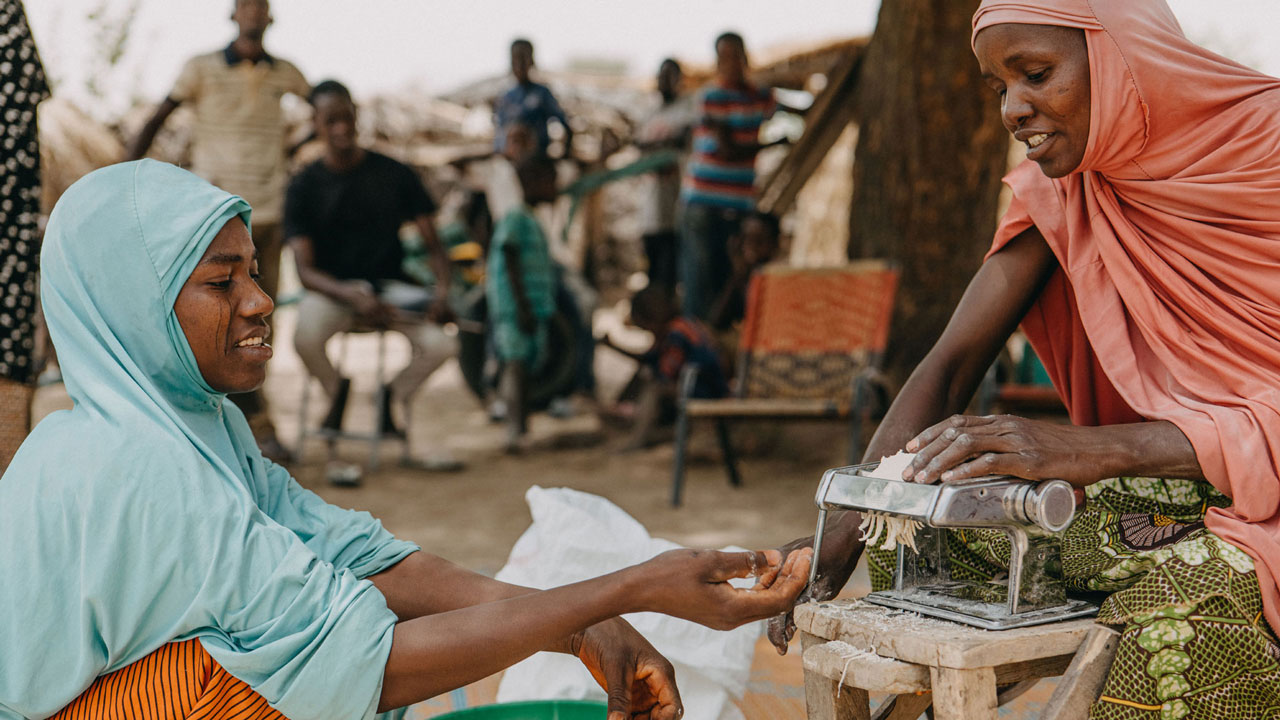
Kaizen supported Niger in sustainably improving food security among extremely poor and chronically vulnerable households and communities in the regions of Zinder and Maradi.
The Niger Development Food and Nutrition Security Activity, funded by USAID is designed to sustainably improve the food and nutrition security and resilience of extremely poor and chronically vulnerable households. Kaizen was a subcontractor to Save the Children International and led the collaborating, learning, and adapting (CLA) and communications components of the USAID-funded Niger Wadata Development Food Security Activity (Niger DFSA). Wadata, which means “prosperity” in local Hausa, works in partnership with communities and local authorities to improve food and nutrition security for the most vulnerable through an integrated health, livelihoods, and risk-reduction approach in three departments in the Zinder region covering 711 villages.
Highlights
- Enhanced collective action to address food shocks and stresses
- Increased capacities, assets, and agency for improved access to food
- Improved nutrition, health, hygiene, and sanitation for families
Kaizen aided in enabling people to identify and take advantage of transformational opportunities to learn, mitigate, adapt, invest, and thrive. Additionally, Kaizen provided short-term technical assistance in organizational development, communities of practice, communications, and CLA. The development food and nutrition security activities also played a role in enhancing citizen engagement, so citizens have agency to demand accountability and transparency from local leaders. Additionally, the activities strengthened village and community development planning and implementation, effectively managed shared resources, and reinforced local support systems to respond in times of shock.
Kaizen implemented several strategic technical approaches, including
- Identifying key stakeholders crucial to achieving desired outcomes
- Demonstrating a rigorous approach to participant targeting that ensured inclusion of extremely poor households
- Designing an intervention strategy tailored to circumstances of participants, including a plan for assessing their needs, constraints, capabilities, and opportunities
Producing a detailed plan to integrate multisectoral interventions at the household and community levels and sequence and layer interventions to enable participants to maximize their learning to achieve sustainable food security outcomes.
At a glance
Client
Status
Active
Location
Niger
Services
Organizational development, knowledge sharing networks, agriculture and food security, health
